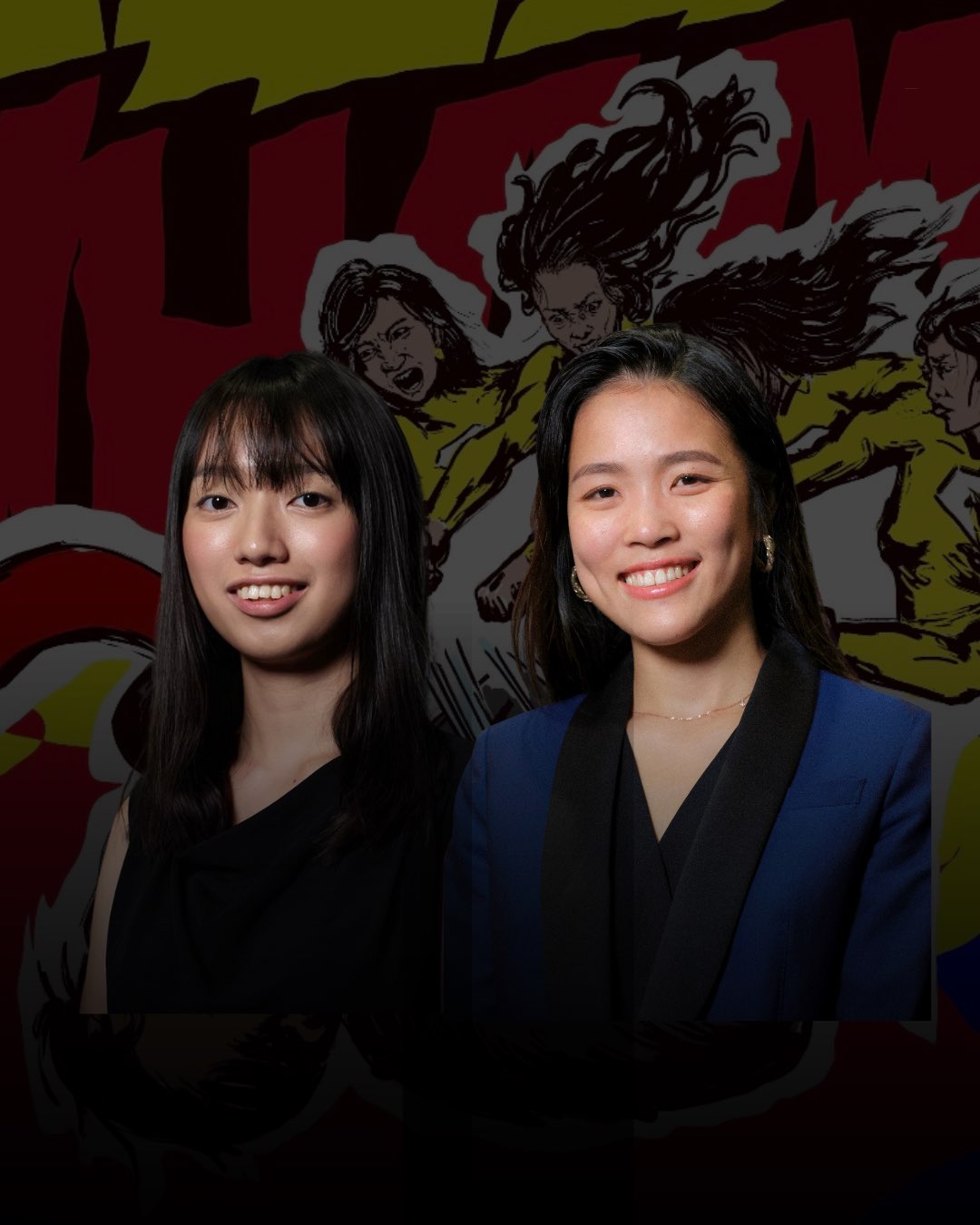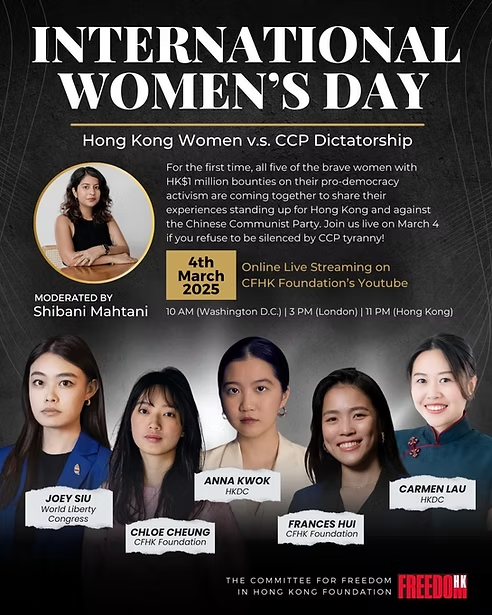This blog is authored by Jaya Pathak, Executive Director at Yet Again, Secretariat for the All-Party Parliamentary Group on Uyghurs, and Non-Executive Director at Labour Campaign for Human Rights.
Warning, this blog post contains details of sexual violence.

Jaya Pathak
Further disturbing revelations were made during the Independent Uyghur Tribunal held in London in 2021, with the Tribunal’s judgment finding that genocide was being committed on the very basis of the birth sterilisation measures being used on Uyghur women.
It is clear for all to see that Uyghur women bear the brunt of the genocide against the Uyghur people – so why has the world remained mostly silent about this? Where is the outcry from feminist activists and organisations?
Clamping down on expressions of religious and cultural identity has become the norm in China under the current Chinese government, as Hong Kongers well know. For the Uyghur people, these crackdowns have been orchestrated under the guise of “counter-terrorism”, part of the narrative constructed by the Chinese government to fight “religious extremism” in the Uyghur region. Signs of “religious extremism” under the Chinese government’s definition include growing a beard, not eating pork or drinking alcohol, and reading a Qur’an – all normal practices within Islam – and for Uyghur women, this includes wearing head coverings.
Outside of the camps, Uyghur women have been subjected to worsening attacks on their identity and their bodies, including egregious birth prevention measures, familial separations and forced marriages.
In 2011, officials revealed ‘Project Beauty’, a five-year, $8 million dollar campaign which encouraged Uyghur women to “look towards ‘modern’ culture” by removing their veils, to “let their beautiful hair flow and show their pretty faces”. From the late 2010s, Chinese government officials and CCP members, under the “Pair Up and Become Family” Chinese government policy, forced Uyghurs to accept these “relatives” to live in their homes. There have been several reports that some of these men shared beds with married Uyghur women whose husbands were in concentration camps. Most recently, it was revealed that hundreds of thousands of elderly Uyghur women have been imprisoned in China for practising Islam, with women as old as and over the age of 80 locked away.
Inside the camps, Uyghur women have suffered horrific abuse, including gang rape. Tursunay Ziyawudun, one Uyghur women who survived rape and torture in a camp, described feeling like a “walking corpse” who “can’t cry [and] can’t die”. A BBC investigation also unveiled further horrific testimony from a survivor who said “women were removed from the cells ‘every night’ and raped by one or more masked Chinese men.”
Uyghur women have sacrificed more than any person should be expected to bear, including reliving their trauma to share their stomach-churning and distressing testimony with the world in hope that the international community will act. Whilst the U.K. and U.S. governments were quick to condemn reports of systematic rape and commit to taking action, we are yet to see tangible progress. Even many high-profile feminist activists and organisations have chosen to remain silent, some bound by fears of speaking out against the Chinese government, and others revealing their selective morality.
In light of the world’s shockingly inadequate response, on International Women’s Day, and every day, we must ensure that we keep the plight of Uyghur women central to discussions surrounding not just human rights, but also women’s rights. As a sector, the advocacy space must do more to bring attention to the suffering of Uyghur women and force meaningful action to be taken by governments and politicians across the world. The bodies of Uyghur women are at the centre of this genocidal attack by the Chinese government, therefore it is vital that we amplify their voices, as well as ensuring we use our own platforms to amplify their fearless resistance.






